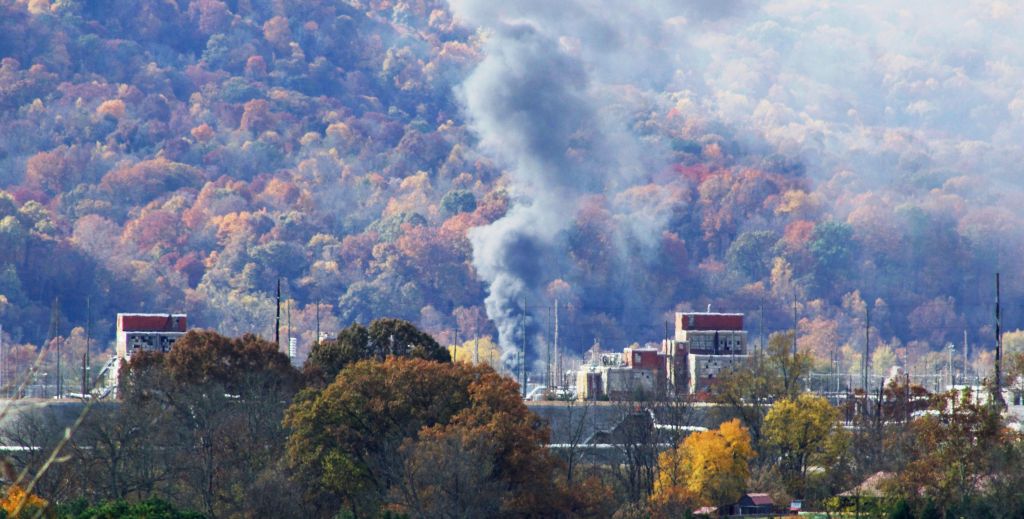 In solidarity with effected residents, Citizens for Safe Water Around Badger has petitioned the U.S. EPA to immediately prohibit further open air burning of PFAS-contaminated munitions wastes at the Holston Army Ammunition Plant (Holston) in Tennessee as posing a risk to human health and the environment. The petition was co-signed by Volunteers for Environmental Health and Justice, an organization formed by neighbors of the 6,000-acre base in Kingsport.
In solidarity with effected residents, Citizens for Safe Water Around Badger has petitioned the U.S. EPA to immediately prohibit further open air burning of PFAS-contaminated munitions wastes at the Holston Army Ammunition Plant (Holston) in Tennessee as posing a risk to human health and the environment. The petition was co-signed by Volunteers for Environmental Health and Justice, an organization formed by neighbors of the 6,000-acre base in Kingsport.
The July 16 letter to EPA Region 4 Administrator Mary Walker documents that the State of Tennessee is permitting the Army to burn polymer-bonded explosives (PBXs) containing PFAS at Holston. The groups cite a recent decision by the neighboring State of Kentucky to prohibit the Blue Grass Army Depot from open air burning or detonation of “munitions wastes that are a potential source of Per- and polyfluoroalkyl substances (PFAS), including Teflon, Viton, and Viton-A. This includes both short and long chain PFAS.” Both bases are located in EPA Region 4.
“Open air burning and detonation do not provide either sufficient or sustained temperatures times to achieve destruction, OB/OD activities at Holston are very likely resulting in the ongoing release and dispersion of PFAS to the environment, posing a potentially substantial health risk to workers and residents,” the groups wrote.
Holston is the major supplier of RDX- and HMX-based explosives to the U.S. Department of Defense. With an explosive such as HMX, fluoro-polymers are added to make the final product rubbery and reduce the likelihood of an unplanned explosion due to shock.
In 2012, the U.S. Army at Holston reported that it expected to generate approximately 120,000-150,000 pounds (measured as net explosive weight) per year requiring disposal in the burn pans over the subsequent five years included nonconforming PBXs – a potential source of PFAS.
Air emissions from open burning PFAS result in both short- and long-range air transport of the highly toxic compounds. PFAS in aerosols and adsorbed on particles are more likely to be deposited near the source, while long-range transport typically involves PFAS vapors. Once released, PFAS are highly stable compounds that move quickly through the environment contaminating food crops, fisheries and drinking water resources.
Research now shows probable links between PFAS exposure and cancer, thyroid disease, high cholesterol, ulcerative colitis, and pregnancy-induced hypertension.
